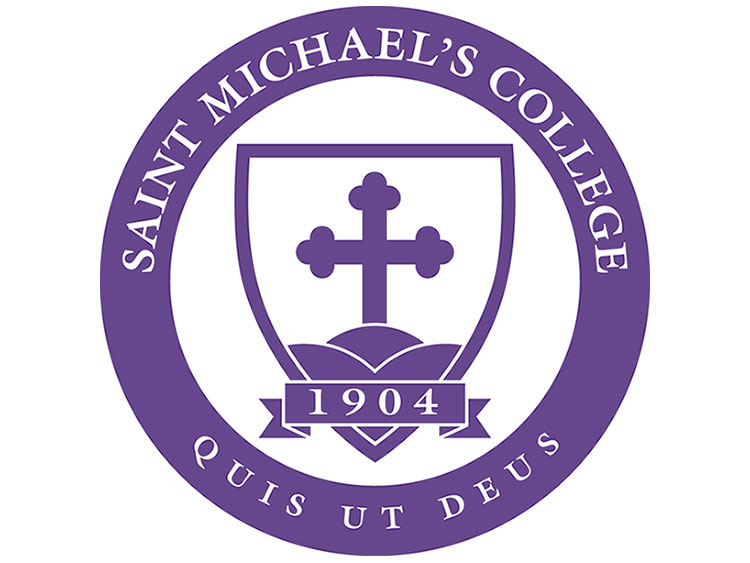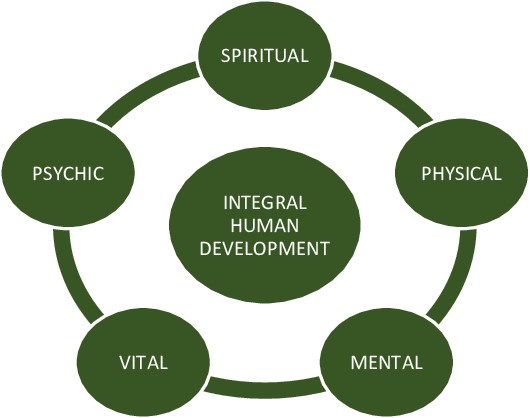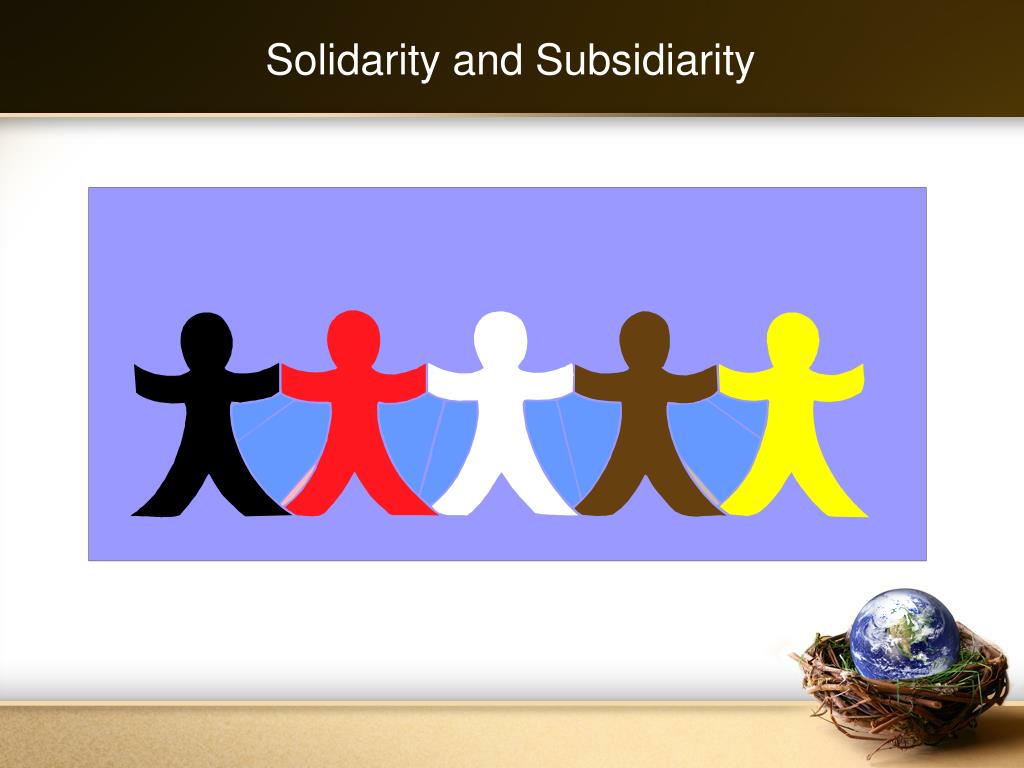When Rights Go It Alone: Reclaiming the Common Good in a Culture of Individualism
In our contemporary society, the language of rights is everywhere. Legal systems, political debates, and cultural movements all revolve around affirming individual rights. Many people believe that the primary obligation of society is to support individuals in claiming these rights. On the surface, this appears noble. After all, the defense of human dignity is a foundational moral responsibility. But Catholic Social Teaching invites us to take a deeper look. It cautions that when individual rights are emphasized in isolation from responsibility and the common good, the result can be a distortion of justice rather than its fulfillment.
 Rights are essential. They arise from the dignity of the human person, made in the image and likeness of God. Yet in the Catholic tradition, rights are always paired with responsibilities. With every right comes the duty to protect the rights of others, to seek conditions that allow all to flourish, and to contribute to the broader well-being of the community. When society affirms individual rights without fostering a sense of mutual responsibility, it risks fragmenting into competing self-interests. In such a context, the common good is no longer a shared horizon but becomes secondary to private concerns.
Rights are essential. They arise from the dignity of the human person, made in the image and likeness of God. Yet in the Catholic tradition, rights are always paired with responsibilities. With every right comes the duty to protect the rights of others, to seek conditions that allow all to flourish, and to contribute to the broader well-being of the community. When society affirms individual rights without fostering a sense of mutual responsibility, it risks fragmenting into competing self-interests. In such a context, the common good is no longer a shared horizon but becomes secondary to private concerns.
Pope John Paul II in his message to youth on World Day of Peace 2001 warned against what he called “radical individualism,” in which society is reduced to a platform for personal freedom. In Centesimus Annus, he urged that individual rights be exercised in a moral context, one that honors truth, community, and solidarity. Pope Benedict XVI, in Caritas in Veritate, took this further. He wrote that rights must not be separated from responsibilities and the pursuit of the good. Without that moral framework, rights can become tools of self-interest rather than pathways to justice.
 Pope Francis, in Fratelli Tutti, reminds us that the common good requires more than protecting individual freedoms. It demands the promotion of the social conditions that allow everyone—not just the powerful or well-connected—to participate fully in society. He calls us to a culture of encounter, one that begins with listening, with seeing the other not as a rival but as a brother or sister.
Pope Francis, in Fratelli Tutti, reminds us that the common good requires more than protecting individual freedoms. It demands the promotion of the social conditions that allow everyone—not just the powerful or well-connected—to participate fully in society. He calls us to a culture of encounter, one that begins with listening, with seeing the other not as a rival but as a brother or sister.
At the same time, Catholic Social Teaching insists that concern for the common good must include special attention to those whose rights have been denied or diminished. The path to justice includes lifting up the marginalized and recognizing those whom society has historically overlooked. When the Church affirms the dignity of every person, it also insists that justice requires more than formal equality. It requires real effort to include those who have been excluded, to make room at the table for those whose voices have not been heard. In this way, the common good becomes not a vague ideal but a living reality, shaped by our care for the least among us.
Supporting individual rights and advancing the common good are not competing goals. When rightly understood, they depend on each other. Rights without responsibilities erode the moral fabric of society, just as appeals to the common good that ignore the dignity of the individual lose their credibility. Catholic Social Teaching holds them in tension and insists that both are needed to build a just and compassionate world.
 In a culture where rights often go it alone, we are called to a better way. We are called to recognize that freedom exists for love, and that the measure of justice is not how many demands we can assert, but how deeply we honor our obligations to one another. The common good is not the enemy of individual dignity. It is the soil in which that dignity can truly grow.
In a culture where rights often go it alone, we are called to a better way. We are called to recognize that freedom exists for love, and that the measure of justice is not how many demands we can assert, but how deeply we honor our obligations to one another. The common good is not the enemy of individual dignity. It is the soil in which that dignity can truly grow.
If you would like to make a comment or ask a question, I can be contacted at dtheroux@smcvt.edu. Let’s Talk!

For all press inquiries contact Elizabeth Murray, Associate Director of Communications at Saint Michael's College.





